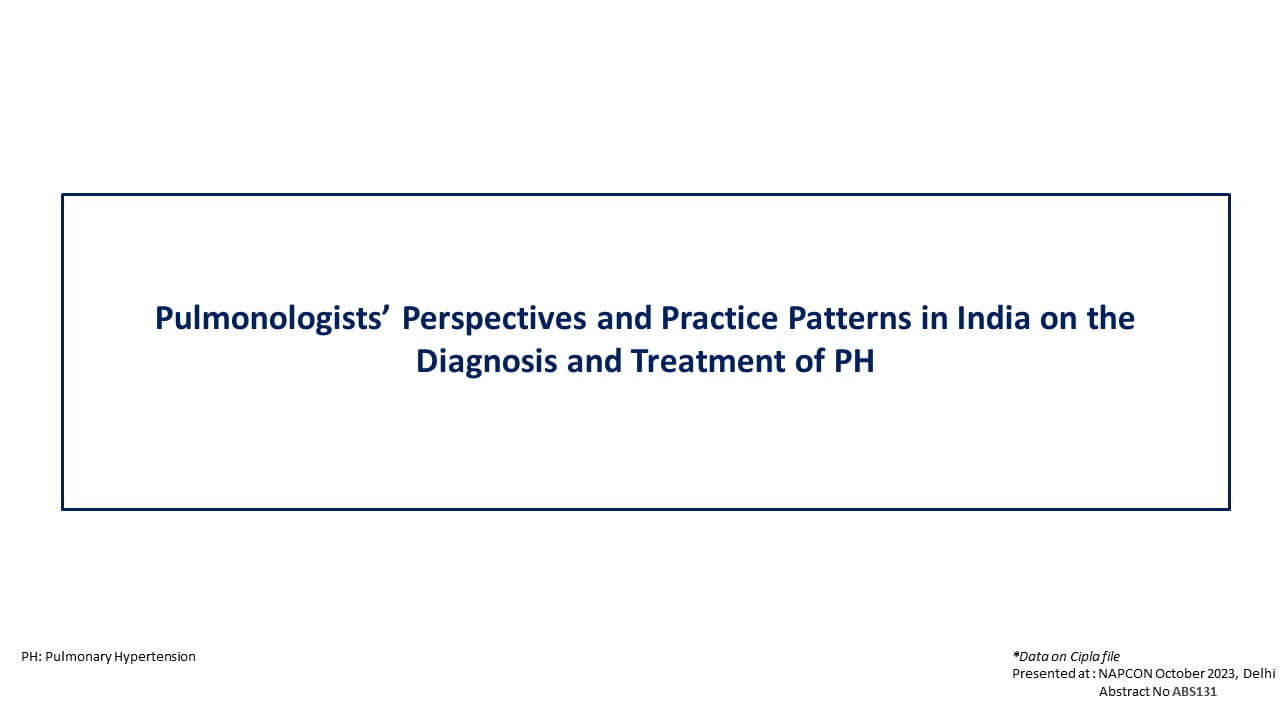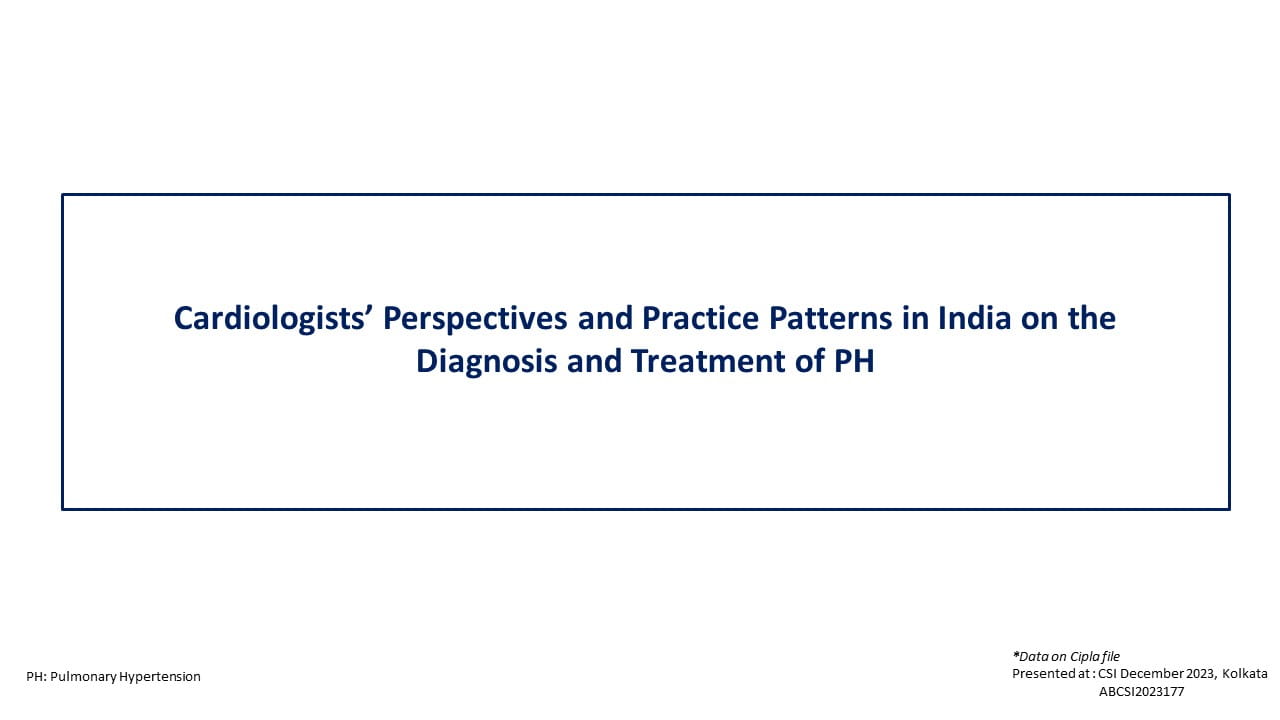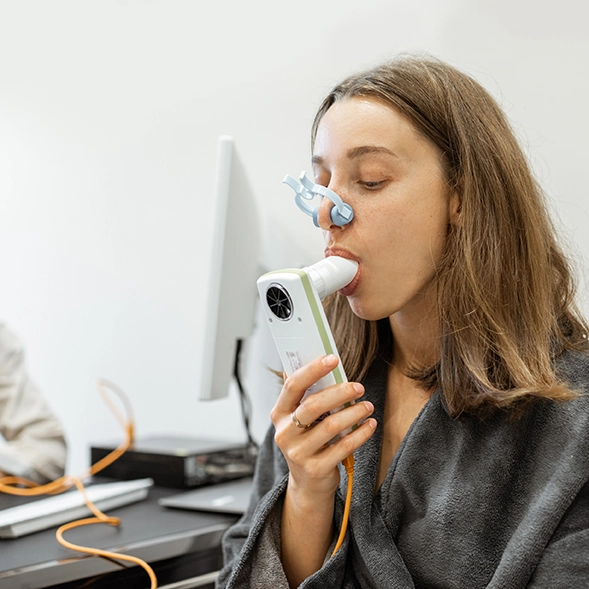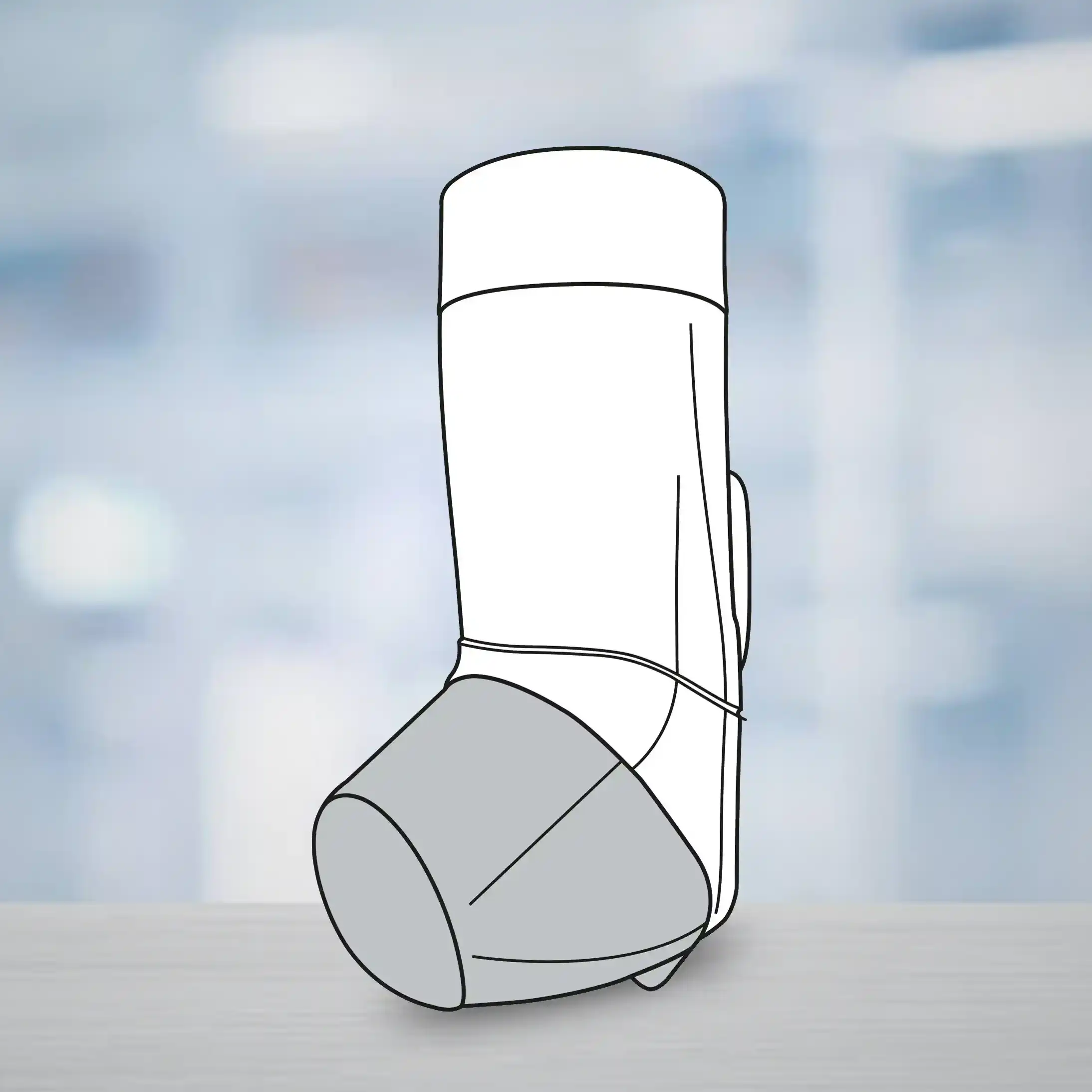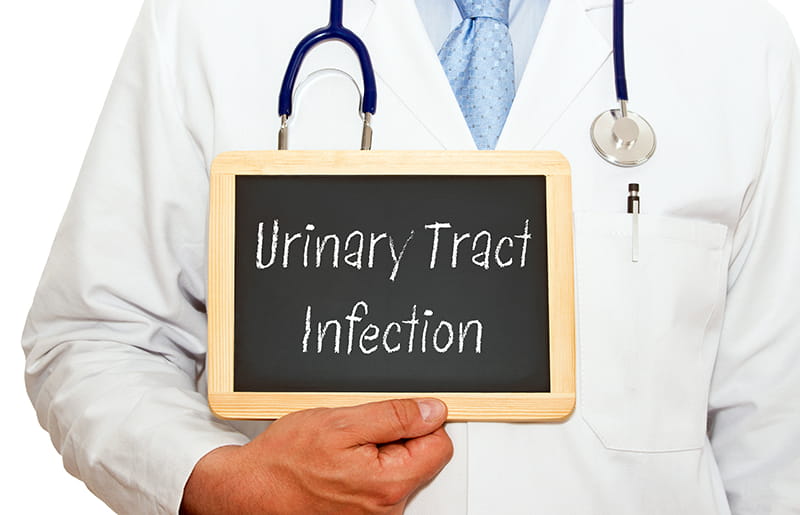Introduction
Perennial allergic rhinitis (AR) is characterized by nasal obstruction, rhinorrhea, itching and sneezing. Fluticasone propionate is twice as potent as beclomethasone dipropionate in terms of topical anti-inflammatory activity but has less systemic activity after topical or oral administration. Fluticasone propionate aqueous nasal spray (FP ANS) is effective for relief of moderate to severe symptoms of allergic rhinitis (AR) in patients sensitive to specific allergens during pollination seasons and is also as effective as beclomethasone dipropionate aqueous nasal spray (BDP ANS) given twice daily.
Aim
This study compared the long-term efficacy and tolerability of FP ANS given once daily or twice daily to BDP twice daily in patients with chronic symptoms of AR.
Methods
Study Design
- Multicenter, double-blind, randomized, placebo-controlled, parallel-group study.
Patient Profile
- Adults and adolescents aged 12 to 71 years with moderate to severe symptoms, nasal eosinophilia, and a positive skin test reaction (> or = 2+) to at least 1 perennial allergen
Treatment Strategy
- The study consisted of a screening period, in which the patients were screened by means of medical history, clinical laboratory tests, nasal examination and nasal mucosal sample assessment.
- The nasal symptoms such as obstruction, rhinorrhea, sneezing and itching were recorded daily on a numerical scale from 0 (no symptoms) to 100 (severe symptoms)
- After the screening period, patients with total symptoms score for obstruction plus rhinorrhea of at least 100 on 4 of the preceding 7 days were eligible for single-blind placebo period.
- After the single-blind placebo period, 6-month treatment regimen was assigned, and patients randomized into the following 4 groups
- FP ANS 100 µg twice daily
- FP ANS 200 µg once daily
- BDP ANS 168 µg twice daily
- Placebo
Endpoints
- Clinician-rated nasal symptom scores
- Patient-rated nasal symptom scores
- Clinician-rated overall assessment
- Use of rescue medication
- Adverse events (AEs)
Results
- A total of 360/466 patients completed the study.
- After 7 days of treatment, clinician-rated total nasal symptom scores improved by 38 to 46 points in patients receiving active treatment compared with a change of only 18 points in placebo group (p<0.05)
- Mean total nasal symptoms scores progressively improved in all treatment groups throughout the 6-month period.
- There was a reduction of 45% in the patient-rated total nasal symptom scores in the active treatment groups as compared to 29% in placebo group.
- The overall assessment of treatment was significantly better in patients receiving active treatment as compared to placebo.
- Twice as many patients receiving active treatment had significant or moderate improvement compared with patients receiving placebo.
- There were no significant differences in the use of rescue medication across all groups.
- Nasal eosinophilia was reduced in significantly more patients receiving active treatment (64% to 79% vs 39%; p<0.05).
- The incidence of AEs was similar in all four treatment groups except for blood in nasal mucus, which was reported by significantly more patients in the two twice-daily active treatment groups compared with the placebo group.
- FP was not associated with any systemic effects.
- The outcomes of efficacy and safety evaluation were comparable between FP ANS once or twice daily and BDP ANS twice daily.
Conclusion
- Fluticasone propionate aqueous nasal spray (FP ANS) 200 µg once daily in the morning is safe and effective therapy for perennial allergic rhinitis (AR).
- FP ANS 200 µg once daily is as effective as FP 100 µg twice daily or beclomethasone dipropionate 168 µg twice daily for the treatment of perennial AR.
J Allergy Clin Immunol. 1993 Jun;91(6):1146-54. Doi: 10.1016/0091-6749(93)90317-9.


